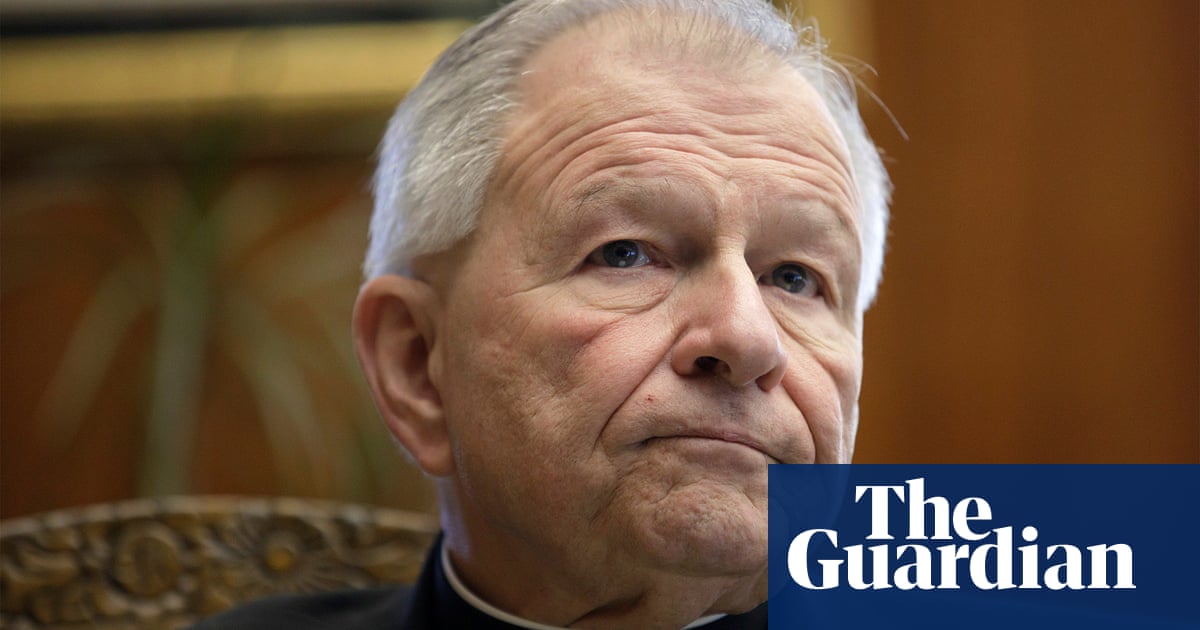British fathers are being urged to join the world’s first “Dad strike” to protest about the UK’s statutory paternity leave, which campaigners say is the least generous in Europe.
Fathers are planning to protest with their babies outside the Department for Business and Trade in London on 11 June in an effort to force the government to improve leave for dads and non-birthing partners.
The strike, organised by campaign group the Dad Shift, is being hailed as a “revolutionary” moment in the UK’s gender equality movement, with organisers arguing that women will continue to face maternity discrimination if low take-up of paternity and parental leave continues.
Ministers were accused of “betraying” new fathers this week after it emerged that a promised “day one” right to paternity leave would not include the right to statutory pay under Labour’s flagship employment rights bill.
George Gabriel, from the Dad Shift, said low paternity leave pay meant many fathers could not afford to take any time off after the birth of their children. Research by the group shows that the average British father spends 43% fewer waking hours with their child in the first year of life – 1,403 hours compared with 3,293 for the average mother.
“The UK’s rubbish paternity leave system means from the day our kids arrive most fathers are forced to make an impossible choice – between going out to work and provide for our families, and providing them with the one thing that matters most, our presence,” said Gabriel.

Eligible UK fathers and non-birthing parents currently get two weeks on less than half the minimum wage, with self-employed co-parents not qualifying for state support. Eligible mothers on maternity leave receive 90% of their average weekly earnings for the first six weeks, then £187.18 for 33 weeks.
Society and companies were far ahead of the government, said Gabriel. According to new polling by Whitestone for the Dad Shift, most children under 11 are picked up from school or nursery every day by their mothers, even though 86% of respondents agree “it’s better when both parents have opportunities to be equally active caregivers”.
Companies are increasingly offering partners better parental leave, with the BBC offering 52 weeks on a pay structure, while Aviva’s co-parents get 52 weeks with the first 26 weeks at full pay, according to a Paternity League Table released this week by the childcare provider Koru Kids. Barclays, HSBC, KPMG, and BDO LLP offer only two weeks on full pay.
Marvyn Harrison, a self-employed father of two and a founder of the podcast Dope Black Dads, said the strike would play a key role in showing fathers who wanted to spend more time with their kids that they were not on their own. “The most important thing we have to do is awaken men to the problem,” he said. “Fighting for paternity leave and paternity pay is a [way] for us to start to interrupt how we over commit in the workplace and don’t commit enough in our families.”
UK paternity leave, at £187.18 a week, is the least-generous statutory offer in Europe, with the UK ranked 40th out of 43 countries in the OECD. It accounts for 1.9% of all government spending on parental leave, with the rest spent on maternity leave. According to the Fatherhood Institute, which is campaigning for six weeks’ well-paid leave in the baby’s first year, this leaves an average-earning, full-time working father more than £1,000 worse off.
Take-up is also low compared with other countries. For every 100 babies born, only 31.6 men receive statutory paternity pay, compared with an average of 57 men in the 18 OECD with available data, according to evidence the group provided to the women and equalities select committee.
Companies are being urged to give fathers the afternoon off work to strike, with the communications agency The Romans and On The Tools, a platform for plumbers, electricians and other trades, pledging their support. “So many dads in our industry feel they’re missing out on crucial time with their children,” said Lee Wilcox, the chief executive of On the Tools
Pete Target, who works in local government, said he was going to strike because he remembered how he felt when, after two weeks with his newborn baby, he suddenly found himself thrust back into work. “Being apart from my baby felt awful,” he said. “I was busy bonding with him and it was a massive wrench.”
He hopes the strike will start a dads’ revolution, and force the government to listen. “No more gritting teeth and just kind of pushing through,” he said. “It’s time to be more open about the struggles dads face and to show up and say, ‘This is what we need. We have needs too’.”

 4 hours ago
3
4 hours ago
3













































